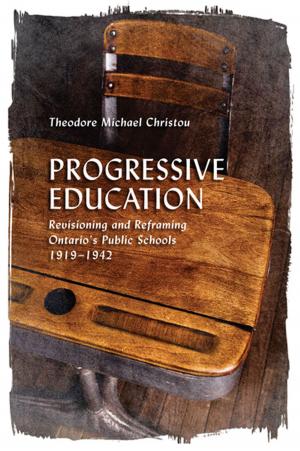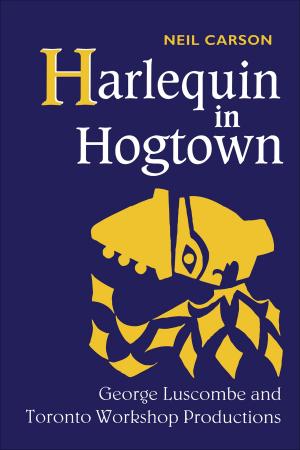Perspectives on Transitions in Schooling and Instructional Practice
Nonfiction, Reference & Language, Education & Teaching, Educational Theory, Educational Psychology| Author: | ISBN: | 9781442667112 | |
| Publisher: | University of Toronto Press, Scholarly Publishing Division | Publication: | December 6, 2013 |
| Imprint: | Language: | English |
| Author: | |
| ISBN: | 9781442667112 |
| Publisher: | University of Toronto Press, Scholarly Publishing Division |
| Publication: | December 6, 2013 |
| Imprint: | |
| Language: | English |
Perspectives on Transitions in Schooling and Instructional Practice examines student transitions between major levels of schooling, teacher transitions in instructional practice, and the intersection of these two significant themes in education research. Twenty-six leading international experts offer meaningful insights on current pedagogical practices, obstacles to effective transitions, and proven strategies for stakeholders involved in supporting students in transition.
The book is divided into four sections, representing the four main transitions in formal schooling: Early Years (Home, Pre-school, and Kindergarten) to Early Elementary (Grades 1–3); Early Elementary to Late Elementary (Grades 4–8); Late Elementary to Secondary (Grades 9–12); and Secondary to Post-Secondary (College and University). A coda draws together over-arching themes from throughout the text to provide recommendations and a visual model that captures their interactions.
Combining theoretical approaches with practical examples of school-based initiatives, this book will appeal to those involved in supporting either the student experience (both academically and emotionally) or teacher professional learning and growth.
Perspectives on Transitions in Schooling and Instructional Practice examines student transitions between major levels of schooling, teacher transitions in instructional practice, and the intersection of these two significant themes in education research. Twenty-six leading international experts offer meaningful insights on current pedagogical practices, obstacles to effective transitions, and proven strategies for stakeholders involved in supporting students in transition.
The book is divided into four sections, representing the four main transitions in formal schooling: Early Years (Home, Pre-school, and Kindergarten) to Early Elementary (Grades 1–3); Early Elementary to Late Elementary (Grades 4–8); Late Elementary to Secondary (Grades 9–12); and Secondary to Post-Secondary (College and University). A coda draws together over-arching themes from throughout the text to provide recommendations and a visual model that captures their interactions.
Combining theoretical approaches with practical examples of school-based initiatives, this book will appeal to those involved in supporting either the student experience (both academically and emotionally) or teacher professional learning and growth.















